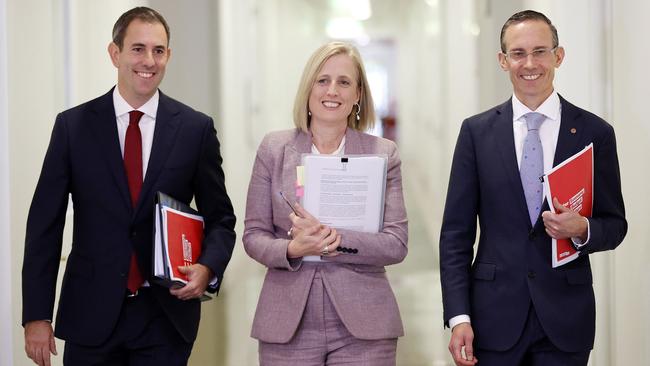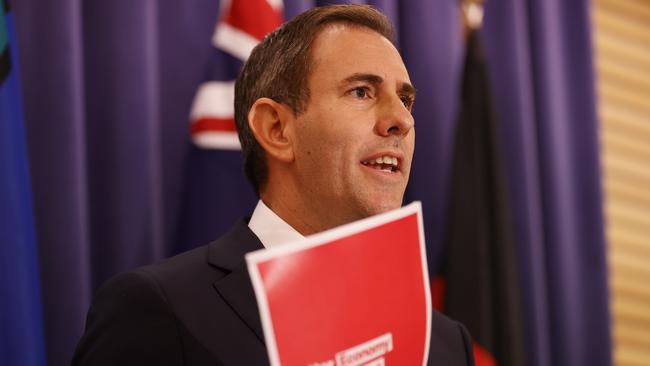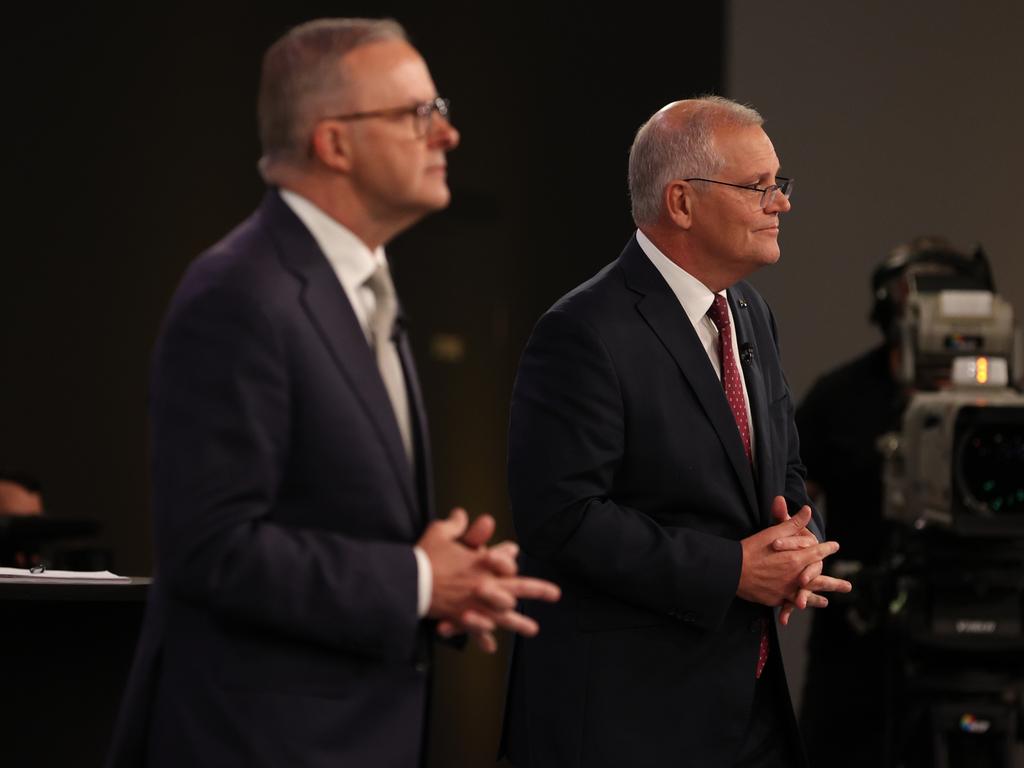Labor tax crackdown targets firms with tax havens in Cayman Islands
Australians stashing cash in “hidey holes” overseas will be exposed by a new plan to stop them mixing with terrorists, drug runners and kidnappers.
National
Don't miss out on the headlines from National. Followed categories will be added to My News.
Labor’s signature tax crackdown would raise $1.9 billion over four years by targeting multinational companies, including firms “stashing profits in the Cayman Islands”.
Labor’s Assistant Treasury spokesman Andrew Leigh on Wednesday said their policy would clamp down on companies using debt to avoid paying tax, and introduce transparency measures to reveal links to tax havens – described as the “hidey holes for ill-gotten gains”.
“(Tax havens) are places where terrorists, drug runners and kidnappers store their loot. If you’re doing business in a tax haven, you’re rubbing shoulders with criminals,” Dr Leigh said.
“If you’re a cafe in Rockhampton, you’re probably not thinking about how to stash your profits off in the Cayman Island … but you’re competing in an increasingly digitised economy against multinational firms using tax havens.”
The plan outlined by Labor’s finance trio of Dr Leigh, Jim Chalmers and Katy Gallagher will put Australia in line with a global plan agreed to by nearly 140 other nations.

The Organisation for Economic Co-operation and Development’s (OECD) “two-pillar” plan involves taxing companies in jurisdictions they offer services and imposing a global minimum tax rate of 15 per cent.
Mr Chalmers said about 600 companies would be impacted by the multinational tax plan, and less than 100 firms would have to fess up their cash stashing countries of choice.
But he declined to name companies that would be impacted, only saying the OECD plan was directed toward “developments in the digital economy” – such as Google and Facebook.
It’s understood the ATO has strict tax secrecy rules which prevent them publishing a list of firms that will be specifically affected by the changes.
He said the 15 per cent global tax rate would impact Australian businesses reporting $1 billion or more of profit – though a lot were already paying above 15 per cent.
Labor’s tax plan would raise $1.9 billion over four years, with the other two pillars bringing total savings over the forward estimates to $5bn. The actual cash raised from taxing companies remains unknown due to uncertainty around calculations and when the mechanisms would kick in
Opposition Treasury spokesman Mr Chalmers said raising the global tax rate to 15 per cent would “ensure multinationals pay their fair share of tax where they make their profits, and in our case here in Australia”.
Transparency measures would also involve outlining who ultimately benefits from the company.

The tax crackdown is part of a three-pillar approach unveiled in Labor’s economic plan, including cutting spending on contractors and undertaking an “audit of waste and rorts”.
The audit, to be conducted by the Finance and Treasury departments, would be undertaken before May 2023 and target “structural problems in the budget” rather than individual election commitments being made by the Coalition ahead of the May 21 poll.
Spending on outsourcing – including labour hire and contractors – would be reduced by 10 per cent in Labor’s first year.
The party would also “abolish the arbitrary staffing cap which has eroded public sector capability” though the efficiency dividend will remain.
Finance Minister Simon Birmingham slammed Labor’s economic policy for being not “remotely credible” and doesn’t cover the big spending promises the party has made
“Labor’s tax proposals are too cute by half. The government has already committed to implementing OECD recommended reforms, aiming for effective implementation in 2023,” Mr Birmingham said.
“Labor is simply seeking to count revenue that will form part of future budgets anyway.”
Labor’s new plan is not the first time tech giants have been targeted by new tax rules in Australia.
Changes by the Coalition in 2020 and 2018 forced the companies to pay a greater share of tax, and sought to close loopholes including “hybrid mismatch rules” in which companies funnel Australian revenue through low-tax countries.
Despite these changes, Google paid just $76 million in income tax during the 2020 calendar year in Australia, even though it raised $5.2 billion from its local operations, according to its latest ASIC filing.
The firm processes its advertising revenue – which makes up most of its Australian earnings – through Singapore.
As a result, Google declared a pre-tax profit in Australia of $239 million.
Fellow tech giant Facebook paid $20.2 million in tax during 2020 and declared a profit of just $17.7 million in Australia.
The social network also declared it took in $746 million in advertising payments from its Australian customers.
Got a story tip? Email us at federalelection@news.com.au
Know some goss or seen something in your electorate? Contact us at election.confidential@news.com.au
More Coverage
Originally published as Labor tax crackdown targets firms with tax havens in Cayman Islands




